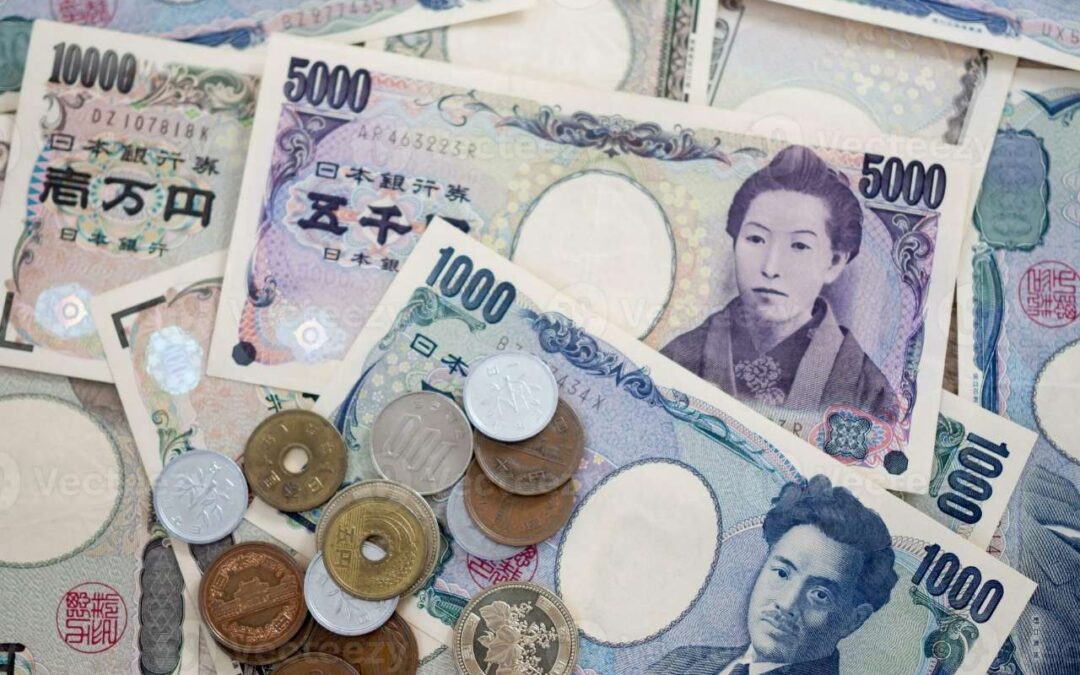Synopsis:
Japanese Yen weakens near nine-month low against USD amid Bank of Japan’s dovish stance doubts. Intervention risks and US economic worries cap USD gains, causing USD/JPY volatility.
The Japanese Yen has weakened considerably, hovering near a nine-month low against the US Dollar. This slump reflects worries about the Bank of Japan (BoJ) maintaining low interest rates rather than tightening monetary policy.
Prime Minister Sanae Takaichi’s recent statements encouraging a dovish stance on rates further dim market hopes for a quick rate hike. While this weighs on the yen, concerns over possible government intervention and risk-off market sentiment provide some support to the currency. The US Dollar struggles amid economic concerns, limiting its gains against the yen.
BoJ Policy Uncertainty Drags Yen Lower
Prime Minister Sanae Takaichi has clearly favored keeping interest rates low to support economic growth. She emphasized the need for coordinated policies with the Bank of Japan, signaling less urgency for an immediate rate increase.
BoJ Governor Kazuo Ueda acknowledged inflation nearing the 2% target but remained cautious, keeping markets guessing about when rate hikes may arrive. Only about 24% of traders expect a hike in December, with odds rising to 46% for January. This uncertainty has dampened the yen’s allure and widened the yield gap between Japan and the US, encouraging investors to borrow yen cheaply to buy higher-yielding dollar assets.
Intervention Risks Temper Yen’s Slide
The recent drop in the yen has raised alarms in Tokyo. Japan’s Finance Minister Satsuki Katayama warned of watching foreign exchange moves closely, while Economy Minister Minoru Kiuchi pointed out that a weak yen can drive up consumer inflation by increasing import costs.
Such official statements have fueled speculation of potential intervention in currency markets to stabilize the yen. This possibility acts as a restraining force on the yen’s decline, with the USD/JPY pair facing resistance around the 155.00 mark. Traders remain cautious, balancing bets on further yen weakness against the risk of government action.
US Dollar Gains Limited by Economic Worries
While the dollar has benefited from a stronger US economy relative to Japan, its gains are capped by domestic economic challenges. Persistent concerns about wage softness and the impact of the US government shutdown have dulled enthusiasm for the greenback. Notably, critical US economic data releases have been delayed, adding to uncertainty.
The US Dollar Index recently slipped to a two-week low amid these concerns, which in turn has capped upside for the USD/JPY currency pair. The ongoing tug-of-war between a weak yen and a fragile dollar keeps the pair oscillating near recent highs.
What Lies Ahead for USD/JPY?
Technical charts show the USD/JPY rate testing resistance near 155.00, with potential to climb to around 156.00 if momentum continues. However, failures to push beyond 155 suggest caution, as a reversal could push the pair back toward 154.00 or lower.
Traders may see dips near 154.00 as buying opportunities, while a break below 153.60 could signal further declines. Japan’s monetary policy trajectory and any hints of intervention will be key drivers in the coming weeks. The yen’s fate seems closely tied to how quickly the BoJ moves and how the US economic picture evolves. For now, the yen remains vulnerable, with the USD/JPY pair likely to stay volatile near its current levels.
Outlook
Watching this currency battle unfold highlights how deeply politics and economics intertwine in currency markets. Japan’s government supports low rates to spur growth, but this stance risks higher inflation and import costs.
On the other hand, US economic uncertainties limit the dollar’s strength. It’s a delicate balance, and traders must navigate carefully between intervention risks and policy signals. The next few weeks should offer clearer direction as major data releases and the BoJ meeting approach, but patience remains essential in this dynamic environment.
Written By Fazal Ul Vahab C H
Disclaimer

The views and investment tips expressed by investment experts/broking houses/rating agencies on tradebrains.in are their own, and not that of the website or its management. Investing in equities poses a risk of financial losses. Investors must therefore exercise due caution while investing or trading in stocks. Trade Brains Technologies Private Limited or the author are not liable for any losses caused as a result of the decision based on this article. Please consult your investment advisor before investing.


